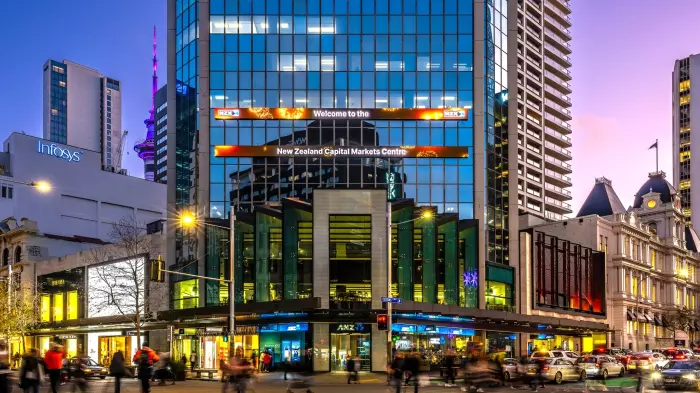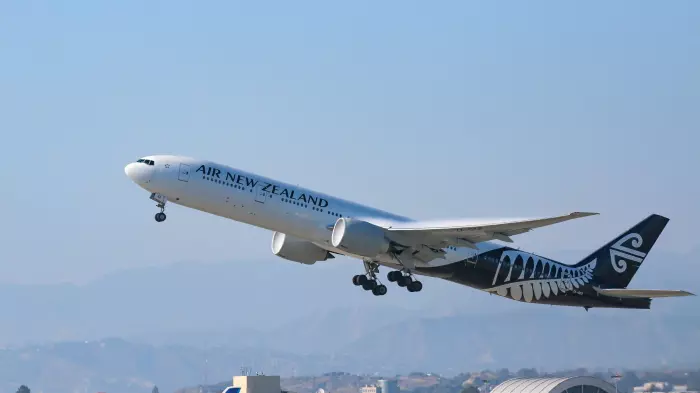Approval of Co-Funding for Decarbonisation Programme
GENERAL
Tue, Apr 26 2022 11:36 am
Bremworth Limited (NZX: BRW) is pleased to announce that it has been approved for co-funding from the Government Investment in Decarbonising Industry (GIDI) Fund, administered by EECA (Energy Efficiency and Conservation Authority), for a multi-million dollar decarbonisation initiative.
The new sustainability initiative is part of a multi-year programme at Bremworth, one of the country’s largest wool product manufacturers, to reduce production related carbon emissions, improve operating efficiency and help boost wool product exports.
According to EECA, industrial heat processes account for around a third of New Zealand’s overall energy use. An estimated 60% of production heating is fossil-fueled (1).
The first initiative in Bremworth’s decarbonisation pathway is a $2.1million project to transition Bremworth’s Napier wool yarn spinning plant from natural gas process heat to electric heat pump technology. It will be co-funded by 38% (almost $800,000) under the $69 million GIDI Fund.
This initiative is designed to improve the energy efficiency of manufacturing processes, by detailed process heating measurement, minimising waste heat and optimising the heating system configurations and technology to meet future production volumes.
Production efficiencies from the use of the technology in the yarn making process are expected to help boost export volumes for markets where demand for New Zealand made wool carpet attracts a premium price point.
The project is expected to result in the elimination of over a quarter of the total greenhouse gas emissions at the Hawke’s Bay facility, saving up to 1,500 tonnes of CO2 per annum.
Scientific estimates suggest a radiata pine tree absorbs one to two tonnes of CO2 in one year - meaning 800 to 1,500 trees would be needed to match the emission savings from the installation of the new technology (2).
Greg Smith, Bremworth CEO, says the increased efficiency of the new technology will help lower operating overheads, as well as boost production and exports.
He says the design of the technology will require a specialised team of engineers and contractors to build and then install high temperature heat pump technology of up to 800kw capacity at the Hawke’s Bay facility over a 24 month period.
“While wool is already an inherently natural, renewable and biodegradable manufacturing material, we have a longer term strategic programme in place to further lower our carbon footprint - with the minimisation of gas powered process heating being one of the key projects for the company.
“This initiative has a direct benefit to the amount of carpet we can produce and consequently will help us increase export volumes.
“The production gains from the new technology will complement the planned site capacity increases which will also take place over this time period,” he says.
Smith says globally there is now a significant segment of consumers where transparency and commitment to ecological stewardship in a company’s supply chain is one of the primary purchase drivers. Improving the sustainability of New Zealand’s wool carpet industry is a critical differentiator from flooring alternatives for international markets.
“We know that our recent move away from synthetics to natural wool fibres has been well received by our export network in Australia and the US.
“However, to support the brand’s ongoing evolution we are researching a number of ways to further improve the products' circularity and reduce our environmental impact at all stages of production. With each new sustainability initiative we undertake, we are helping to position our carpet further away from competitors across a growing international market niche.
“As part of our broader strategy, which extends from the primary producers who supply us to our own internal manufacturing processes, this ‘cradle-to-gate’ carbon impact approach is essential to help us communicate the benefits of New Zealand wool to consumers,” he says.
“Latest Government data indicates New Zealand’s total CO2 emissions are 83 million tonnes - 26% higher than they were two decades ago. Of the two main greenhouse gases New Zealand produces, carbon dioxide and methane, manufacturing industries emit the most CO2 and have the largest annual increase in emissions – reaching 11.1 million tonnes in the last year alone.
“The adoption of new energy efficient technologies has a significant role to play in reducing emissions from New Zealand’s industrial manufacturing sector and it is critical that organisations accelerate their introduction,” he says.
A second decarbonisation initiative at the company’s Whanganui plant, which was also co-funded by the Energy Efficiency and Conservation Authority (EECA), will see a gas fired dryer replaced with an alternative which uses radio waves to dry woollen yarn during the production process.
The reduction in CO2 greenhouse gases from the installation of the radio frequency dryer is estimated to be a further 197 tonnes annually.
26 April 2022
ENDS
For further information please contact:
Greg Smith
Chief Executive Officer
[email protected]
+64 21 711 622
Jackie Ellis
Investor Relations
[email protected]
+64 27 246 2505
(1) EECA Energy End Use database
(2) Watt, M. S., & Kimberley, M. O. (2022). Spatial comparisons of carbon sequestration for redwood and radiata pine within New Zealand. Forest Ecology and Management, 513, 120190. https://doi.org/10.1016/j.foreco.2022.120190




